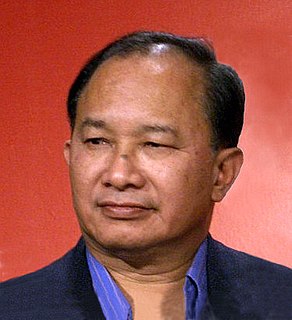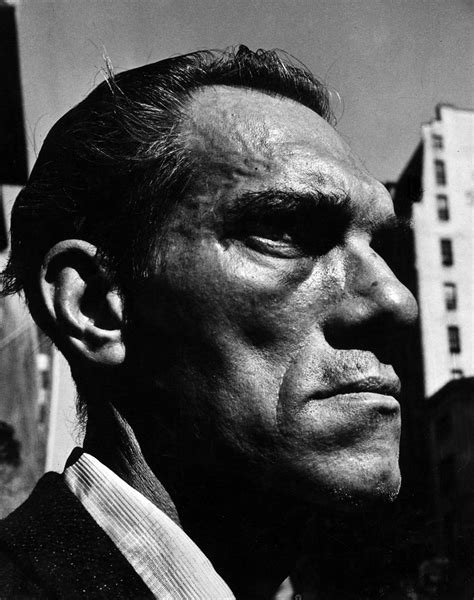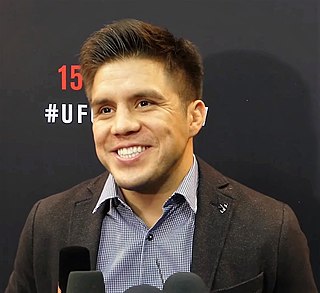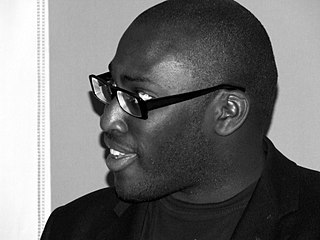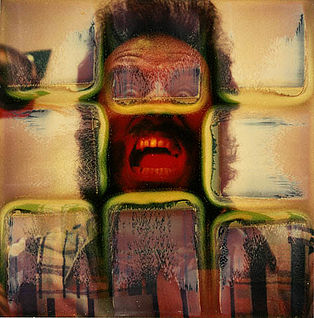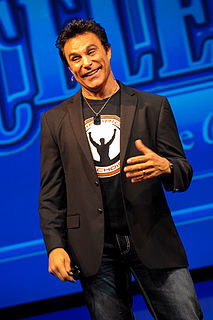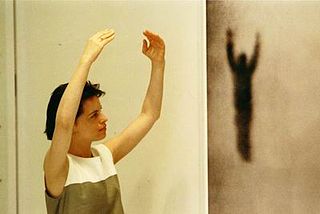A Quote by John Woo
I can use movie as a language. Not only could it send a good message, I could let people know about my thinking and how I see the world, how I see the colour, how I see the music, how I see everything.
Related Quotes
I couldn't take my eyes off of Stan [Lee]! As good as the movie is, all I could think about is, "What's he thinking?" So the movie ended, and then he, very whimsically, expressed all of his feelings about how long he waited, and how the TV shows in the '70s were all, "If only they could do this," and now they could. And he didn't get choked up and blubbery, but he was moved. Like, "Ohmigod, it happened while I was alive." And I can't believe I got to see that. He was very raw. It was quite beautiful.
When we talked about Socrates, we saw how dangerous it could be to appeal to people's reason. With Jesus we see how dangerous it can be to demand unconditional forgiveness. Even in the world of today, we can see how mighty powers can come apart at the seams when confronted with simple demands for peace, love, food for the poor, and amnesty for the enemies of the state.
People always go on about how fantastic relationships are in the beginning, and of course everyone hates relationships when they end, but what about the middles? the middles where you know everything there is to know. Where you can look at the person you love and know what they're thinking, see something on the telly and know how they'd react;When you know exactly what they'd wear to come round and see you.
I'm looking back at what I did and how it works. In a sense I'm waiting to see how people will respond. I'm waiting to see how you respond, without asking me to tell you what I think about it, because it is your job to give me an idea of how you go about thinking about this work. And if it's too absurd then, you know, I'll kick you out!
The times are chaotic. For me, I would hope that people look at [Angel] and gain strength by it. With everything that I do, I hope that they see people struggling to live decent, moral lives in a completely chaotic world. They see how hard it is, how often they fail, and how they get up and keep trying. That, to me, is the most important message I'm ever going to tell.
My wife's dying upstairs and I can't do anything about it. I look in her face and I see the memories there. I see how I hurt her and how I said the wrong things and how I got angry and how I wasn't the man she hoped I'd be. I see that in her face and I see she's going to die with that. You think I'm not preoccupied?
Panorama is the first word for landscape in Greek. It was about [how today] we see everything, we get to see everything, everything is shown to you whether you want it or not, but all of the time you only see fragments of reality. The big picture we really don't see; it's kind of hard to make it up.
